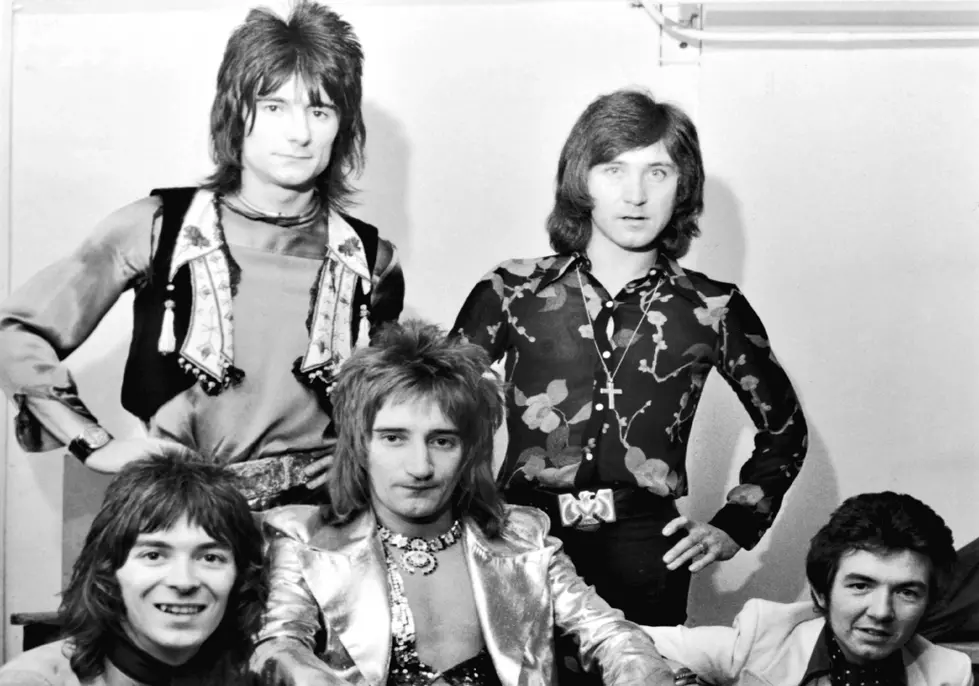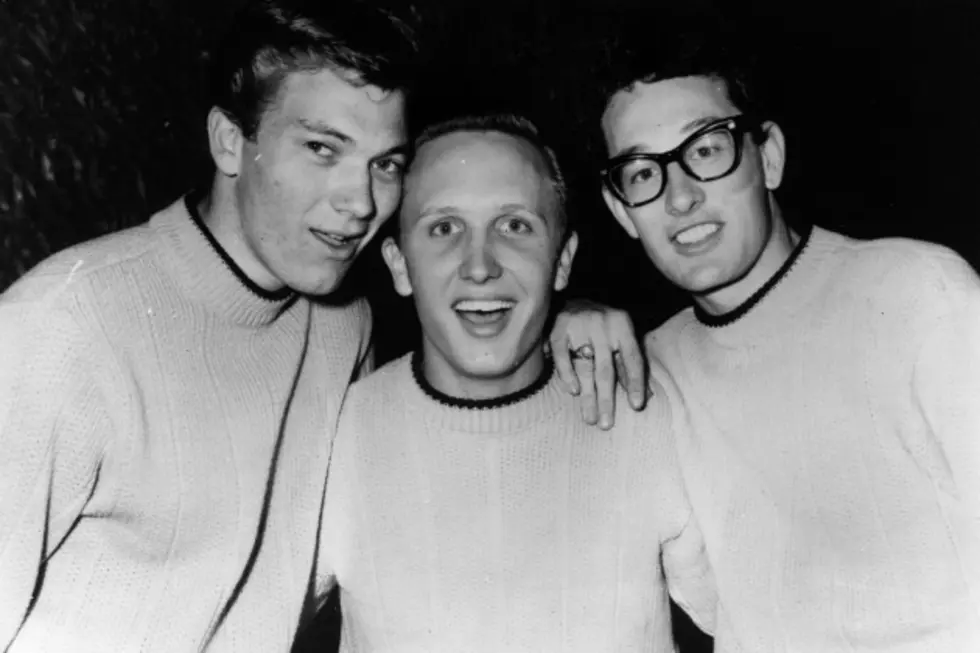
The Roots of Indie: Buddy Holly
This might be the shallowest write up on a legend that you'll ever read, but bear with me.
I can't find the quote, but years ago I heard Motley Crue's Tommy Lee say that he hated turning on MTV in the early days because it was full of ugly people. That's a paraphrase, and admittedly I probably don't have it right, so if you have the quote feel free to correct me (or even better: Please write the correct quote on the back of two Coachella passes and send them to James Stafford, c/o Diffuser, Rabbit Hash, KY 41005).
Anyway, the point that I recall Lee trying to make was that prior to hair metal coming along and saving the day, the nerds ruled the MTV roost: Elvis Costello, Joe Jackson -- heck, the first clip played on the fledgling network starred Trevor Horn and his over sized spectacles:
What Lee missed, assuming I actually remember this correctly, is that scrawny rockers in big glasses have shared the stage with leather clad sex symbols since Oct. 15, 1955, the day that local Lubbock teen Buddy Holly opened for Elvis Presley. If you're looking for the moment that rock and roll split into the rough boys and the nerds, you've found it. Elvis was all sex and danger; Buddy looked like he'd bring your mama biscuits.
Make no mistake: Holly's musical influence is enormous. The Beatles chose their name as an homage to Holly's band, the Crickets. Keith Richards caught a Buddy Holly gig in England, and the Stones later covered his "Not Fade Away." A very young Bob Dylan saw him play just two nights before the legendary plane crash that claimed Holly, Ritchie Valens and the Big Bopper. Stripped of the production values of the period, Holly's last recordings reveal a songwriter and performer that would fit perfectly into the indie music world of 2015:
The music was brilliant and the tragic tale of a life cut short the stuff of legend: Holly was only 22 when he died. Whether Holly's look is as important as his talent seems like a ridiculous argument, but that Buddy Holly aesthetic is as iconic as the Stratocasters he played: tall, thin, dressed in suit and tie, a sensible haircut kind of trying to be a Gene Vincent pompadour; those glasses. I had a friend who referred to those thick black frames as "birth control glasses," because when he was issued a pair as part of his U.S. Marine uniform he knew his dating life was over.
Holly made it all look so cool, though, and more importantly -- possible. You didn't have to be an Elvis to rock. You could be a regular looking guy in thick black glasses and still be a rock star.
Thirteen years after Buddy's death, Ohio native Mark Mothersbaugh took the Holly aesthetic a little farther with his band Devo. Like Holly, Mothersbaugh's glasses weren't an affectation but rather a necessity -- he'd been wearing them since he was seven:
Over in the U.K., Declan MacManus adopted the suit, the Fender and most importantly the glasses, and reemerged as Elvis Costello, new wave's coolest geek:
Weezer eventually made the marriage official with "Buddy Holly," forever cementing the Buddy Holly aesthetic to the alternative/indie scene:
Perhaps my favorite adopter of the Holly vibe remains They Might Be Giants, with their clever songs and sensible footwear.
Buddy Holly made it okay for the rest of us to rock. The fact that you can pick up a guitar and jump on stage, no matter what you look like, traces its roots back to that gangly kid from Lubbock, Texas. Throw in his intimate, well-crafted songs and you have the makings of a true indie hero.
One last thing: Tommy Lee was a member of his high school's marching band, and that's very cool by us. Embrace your inner nerd, Tommy. Buddy Holly said it was okay.
More From Diffuser.fm



